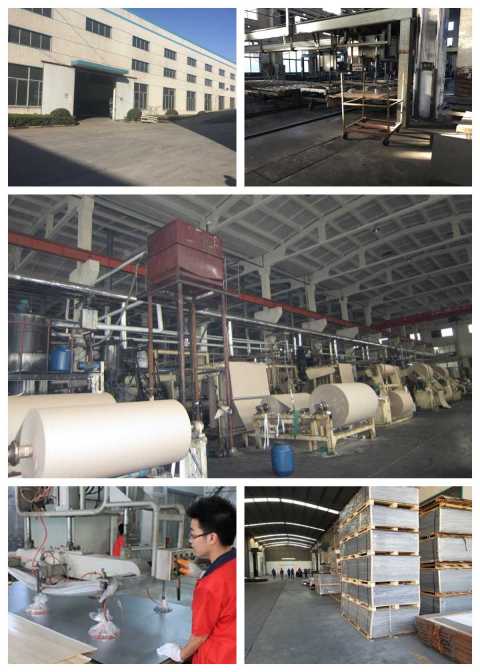Pros and Cons of Phenolic Countertops
The pros and cons of phenolic countertops are very obvious, and are summarized as follows:
Pros:
- High Cost-Effectiveness: Priced at only 60%-70% of epoxy countertops, they are ideal for budget-constrained settings like educational institutions and small-to-medium labs, with low long-term maintenance costs.
- Basic Corrosion Resistance: Resistant to dilute acids (e.g., 10% hydrochloric acid), weak alkalis (e.g., sodium carbonate solutions), and common reagents like alcohol and acetone, suitable for basic chemistry experiments.
- Balanced Physical Performance: With a hardness of HB grade, they offer better impact resistance than wooden countertops, capable of withstanding falls of objects under 20 kg without easy cracking or denting.
- Easy Installation and Versatility: Lightweight (approximately 70 kg/m²) for convenient handling and installation; available in various colors (e.g., dark gray, light blue) to match lab decor.
Cons:
- Limited Extreme Environment Resistance: Not suitable for concentrated acids (e.g., 98% sulfuric acid) or strong oxidizers (e.g., aqua regia), which can cause discoloration or bulging; long-term temperature tolerance below 120°C, with direct open flames causing carbonization.
- Hygienic Limitations: Micro-porous surfaces (pore size ~0.1-0.3 μm) may retain liquids, potentially fostering bacterial growth if not thoroughly cleaned, making them unsuitable for high-level biosafety labs.
- Aesthetic Durability Issues: Prolonged friction can wear the matte surface layer, leading to scratches that affect visual neatness and requiring regular polishing.
- Environmental Concerns: Some low-cost products use formaldehyde-containing phenolic resins, which may release harmful substances at high temperatures; prioritize brands with CE, UL, or other environmental certifications.
Phenolic countertops are a practical choice for basic labs, especially in educational settings. However, for high-precision research, highly corrosive environments, or sterile requirements, professional materials like epoxy resin or stainless steel are preferred.
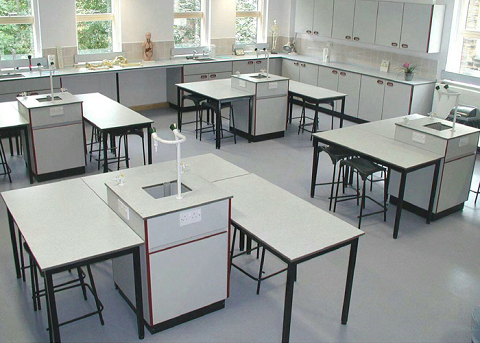
Phenolic resin countertops
Grey epoxy countertops
Epoxy resin sinks
phenolic sheets Specification
| Name | Pros and Cons of Phenolic Countertops |
|---|---|
| Feature | Cost performance ratio |
| Material | Phenolic resin |
| Size | 6×12 =1525×3660 |
| Thickness | 12.7,16,19,25 |
| Color | Black, Light Grey, Green |
| Surface finish | Matt |
| Density | 1.51 |
| SGS certificate | SEFA3-2010 |
| Mini order | 30 |
Phenolic resin boards
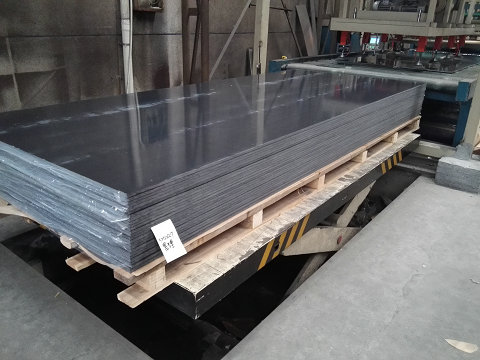
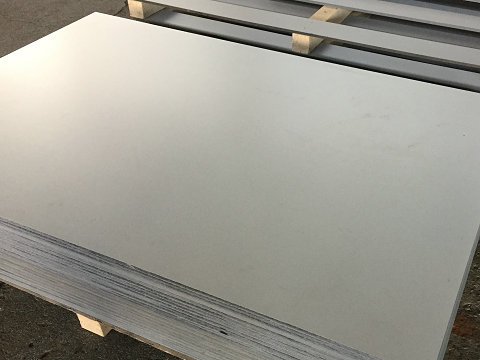
chemical resistance
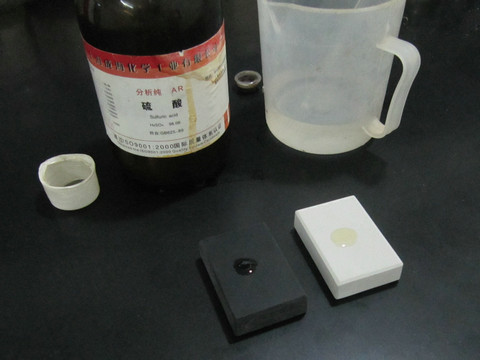
SGS cretificate
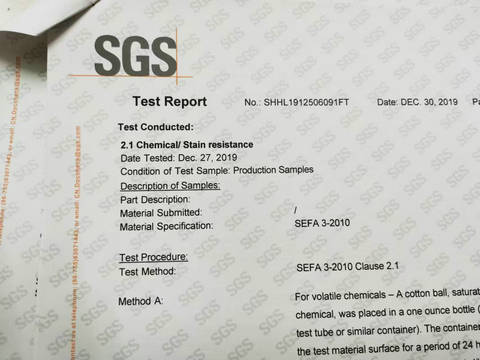
Phenolic countertops fabrications
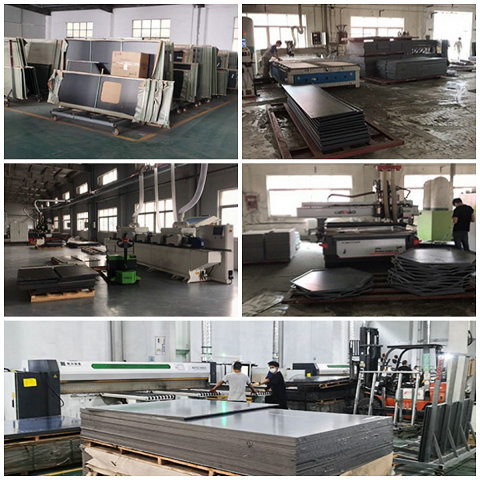
Shipping
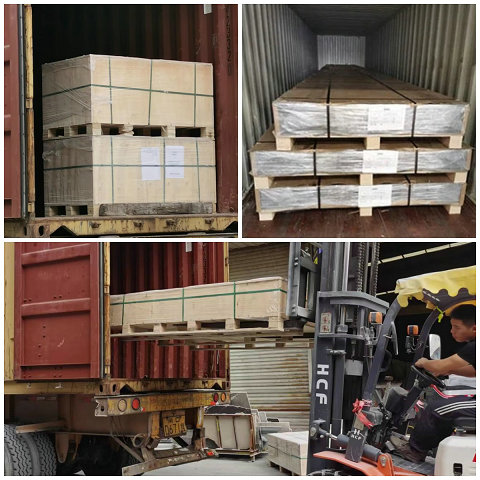
Professional phenolic countertops supplier
